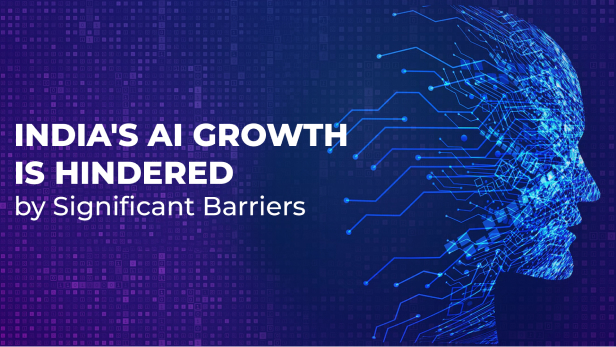By Prasenjit Das

According to the IBM report, Indian enterprises lead in AI adoption, with 59% actively implementing AI solutions. This AI implementation rate has surpassed the average globally. This report also highlighted that India is increasing its investment in various AI solutions, focusing on areas like workforce reskilling and R&D (research and development).
However, this report also pointed out significant challenges, such as a lack of expertise, data complexity, and inadequate tools, in the AI adoption journey. Lack of skills and expertise in AI-related fields are the biggest hurdles.
Many enterprises and organisations struggle to find and retain individuals with the necessary skills and experience to implement and manage AI solutions effectively. While some companies lack access to high-quality data which is vital for training and validating AI models, others fall short in defining AI strategy which leads to inefficient AI implementation.
The Indian government is taking necessary steps to address these challenges and promote AI adoption. The government is introducing new rules for artificial intelligence and establishing AI academies to build a skilled workforce.
While India is leading the global AI adoption, it is crucial to address emerging challenges to accelerate innovation.